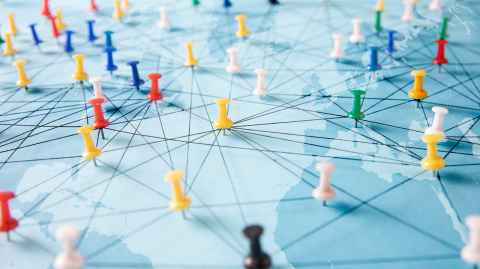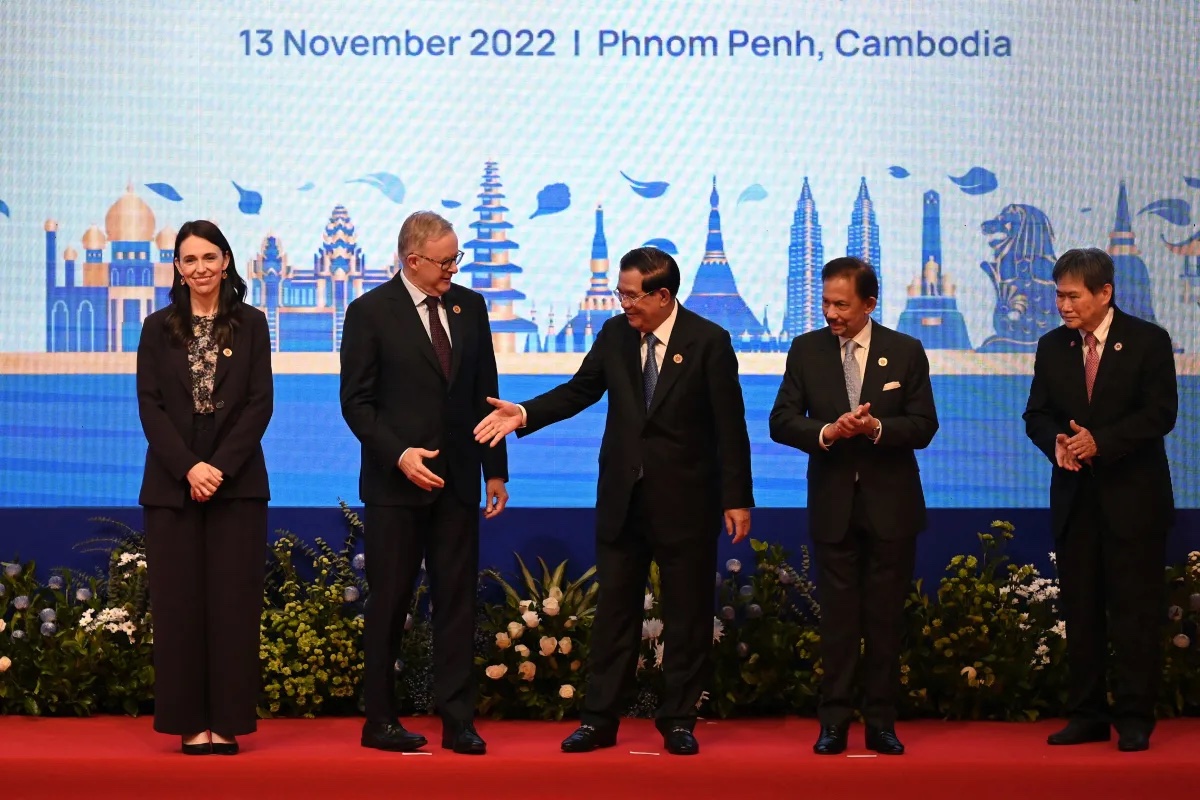The world is in upheaval right now and some would say ‘chaos’.
“It’s incredibly encouraging to see the cooperation of world leaders through these troubled times striving for stability and cooperation last week,” says Te Taumata Chair, Chris Karamea Insley.
Te Taumata also recognises the value and importance of wānanga ā-kanohi, information-sharing and partnerships in order to achieve better outcomes for Māori.
In this opinion piece, Five summits reaffirm global cooperation, University of Auckland academic Stephen Hoadley shares a very similar view.
Earlier this month, five key summits were held across the globe, including COP27 in Egypt, the Asean summit and East Asian Summit in Cambodia, the G20 Summit in Indonesia, and APEC in Thailand.
These hui hosted international leaders, including Aotearoa New Zealand Prime Minister Jacinda Ardern, and included hot topic discussions on economic cooperation and climate change mitigation – or so it was intended.

It didn’t take long before the various hui were overshadowed by the Russian bombardment of Ukraine utilities and Chinese overseas assertiveness, highlighting a deteriorating and destabilising geo-political order.
Despite few breakthroughs being achieved, there were some key takeouts that reinforce that the fundamentals of international cooperation survive, and that a level of a natural order still prevails over the global chaos.
The attendance of many key international leaders signified the importance and reaffirmation of the value of information-sharing and trust-building internationally. Many represented European countries, highlighting the importance of Asia for world trade and peace.
There was a general consensus on a number of topics including: climate change, that Russia is an illegitimate aggressor in Ukraine, that China’s economic slow-down is a concern, and that inflation and disruption of trade and supply chains must be mitigated. However, the long-standing differences between potential policy solutions are long-standing but remain.
Prime Minister Jacinda Ardern reinforced New Zealand’s position on human rights, South China Sea claims, and militarisation of the Pacific islands to China’s leader Xi Jinping. Xi accepted these differences, while commending our independent foreign policy stance and focussing on extending our 50 years of harmonious bilateral relationship into the future.
Finally, assessments indicate the overall level of global violence is in gradual decline. At the same time, grain and oils are being exported from Ukraine, while Liquefied Natural Gas is flowing from the US to Europe. Aid is also being dispatched to Pakistan and other victims of flood, drought, and hunger.


